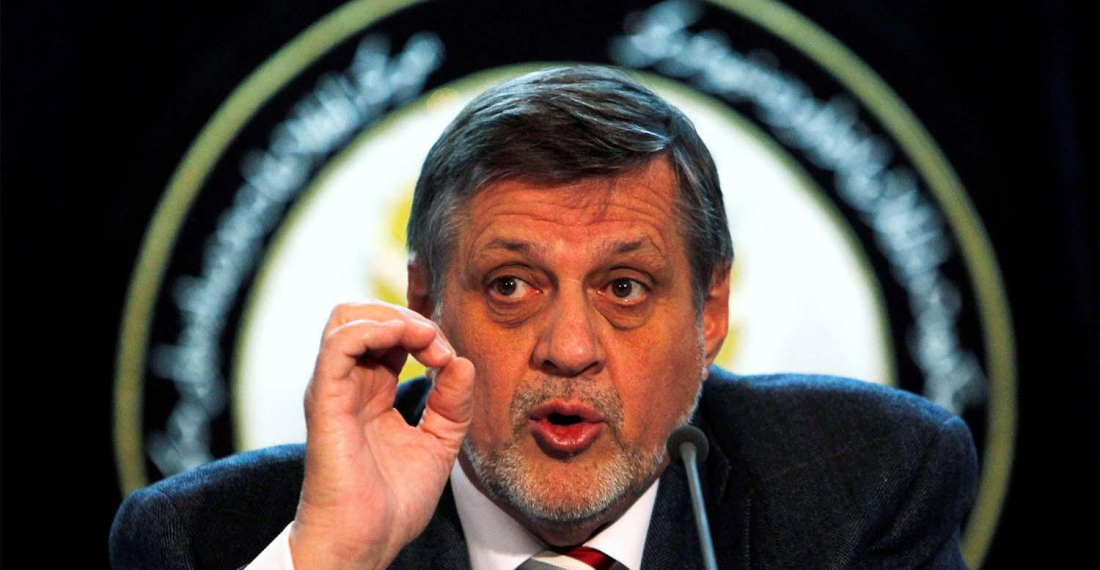NATO's Secretary-General Jens Stoltenberg, said on Thursday that NATO is ready to contribute to security building in Libya once conditions allow.
"For NATO, it just highlights the importance of supporting the UN-led efforts to find a negotiated solution to the Libyan crisis," he added, as quoted by Anadolu Agency (AA).
Stoltenberg also addressed the Russian presence in Libya. Russia's heavy investment in new military equipment and increased military presence along the military alliance's borders fall into a pattern, according to Stoltenberg.
These developments have caused "great concern" for NATO, but the alliance "follows and monitors very closely" Moscow's actions and has invested in new capabilities "in response to a more assertive Russia," he added.
The United States had also expressed its concerns about the Russian presence. Last summer, the US Africa Command said that 2000 Russian mercenaries from the Wagner Group were operating alongside Haftar Libyan National Army.
On the diplomatic level, UN efforts to reach a permanent solution are continuing. The UN Secretary-General is reportedly planning to appoint veteran diplomat Jan Kubis as his envoy in Libya nearly a year after the last mediator stepped down.
If there are no objections by the 15 members of the Security Council, Kubis will replace Ghassan Salame, who quit last year. Currently, Salame's deputy, Stephanie Williams, had been the acting envoy.
Kubis is a former Slovakian foreign minister and currently the UN special coordinator for Lebanon. He had previously served as Special Envoy to Afghanistan and Iraq.







